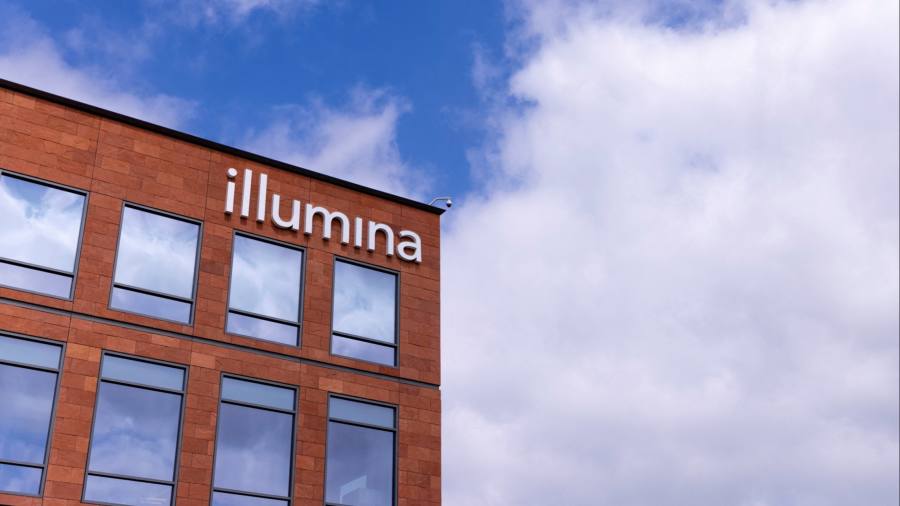Illumina shareholders have voted to oust company chair John Thompson and approve a nominee supported by Carl Icahn following a bruising proxy battle led by the veteran activist investor.
Andrew Teno, Icahn’s nominee for a board seat at the world’s biggest gene sequencing company, won a shareholder vote at the company’s annual meeting on Thursday, while Thompson was unseated.
However, two other Icahn nominees failed to attract enough votes to win board seats, paving the way for Illumina chief executive Francis deSouza and director Robert Epstein to be re-elected.
“We appreciate the constructive shareholder feedback throughout this process and are committed to delivering on our plan to accelerate shareholder value creation,” said Illumina in a statement.
The vote to oust Thompson, a former Microsoft chair and director, follows a campaign by Icahn that focused on Illumina’s “reckless decision” to close its $8bn acquisition of cancer test developer Grail in 2021 against the wishes of EU and US antitrust regulators.
Icahn, who has a 1.4 per cent stake in Illumina, said it was “inexplicable and unforgivable” that the board led by Thompson went ahead with the deal without ascertaining whether it would get clearance from EU regulators. In December, Brussels ordered Illumina to divest Grail and is planning to issue a fine worth up to $453mn for “gun jumping”.
The US Federal Trade Commission has also ordered Illumina to divest Grail. Illumina is appealing against the orders by the EU and US regulators.
The 87-year-old investor also alleged the board lacked independence and that most directors were handpicked by deSouza.
Illumina’s market capitalisation has plunged from $75bn in August 2021, when it bought Grail, to just over $33bn as of Wednesday.
The Illumina proxy battle marks one of the biggest shareholder activism campaigns in recent years. Since 2012, only seven US fights have gone to a vote at companies with a market capitalisation of more than $30bn, according to analytics company Insightia. Activist campaigns at Disney and Salesforce this year settled before any shareholder votes.
One shareholder, who was not authorised to speak publicly, told the Financial Times he voted to replace Thompson because the Grail deal had not worked out and the board remained “tone deaf” to shareholders.
“They can’t seem to admit their mistake, and the vote gave an opportunity to send a strong message,” said the shareholder.
The vote at Illumina was also a test case for voting shareholder rules adopted by the US Securities and Exchange Commission that Icahn and other activists fought for, which gave shareholders flexibility to pick and choose nominees.
Previously, shareholders were forced to vote for either a full slate of the company’s nominees or the activist’s in contested elections. Now, shareholders have the choice of backing individual nominees from both camps. Only a handful of activist contests with the new “universal” voting rules have gone to a vote, and all at small companies.
Read the full article here




